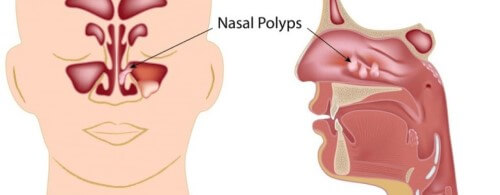What is Vertigo?
If you suffer from vertigo then you will find it an uncomfortable sensation that can make you feel like the world around you is moving. Although this is a subjective condition, most people who experience it tend to also find they have a loss of balance, which is why vertigo can be such a tough condition to manage. There are many different treatments available for vertigo today and if you’re experiencing this regularly, now is a good time to get help.
What is vertigo?
The official definition is an ‘illusion of motion.’ You may feel like your surroundings are moving and it can be difficult to balance when vertigo hits. This is a condition that is most common in adults aged 20+ but it’s not unheard of for young children to suffer from vertigo too.
The causes of vertigo
There may be many different reasons for experiencing vertigo but there are three common causes that can affect anyone. These are: a head trauma, cold viruses and Meniere’s Disease. Each of these will have an impact on the inner ear, which is the part of the body that is responsible for how well we can balance, as well as the sense that we have of our position in space. If this is affected, then we may struggle with balance and suffer with a condition such as vertigo. There are also some situations where you may experience temporary vertigo - for example playing video games that simulate movement. However, this is only likely to last a short time and won’t need treatment. Anxiety and stress can make the symptoms of vertigo worse but are unlikely, on their own, to cause the condition.
Benign paroxysmal positional vertigo (BPPV)
BPPV is a very common form of positional vertigo that is felt when a change in the movement of the head happens. Those who suffer from BPPV will get a short and intense feeling of the world spinning around when they lie down with the affected ear towards the floor. BPPV may be caused by loose otoconia in the ear - these are calcium carbonate crystals that are part of our balance mechanism. If you have BPPV then these crystals come loose and tend to tumble around the ear, causing vertigo.
Treating vertigo
Vertigo may resolve on its own, especially where it is related to something like a cold virus. However, if it doesn’t, it’s a good idea to seek treatment, as there are plenty of options available. For example, you may find that a course of physical therapy (vestibular rehabilitation) can help to ease the symptoms of vertigo or medication may help. If you are suffering with a chronic form of vertigo then you may need to see a neurologist - if the problem relates to the ears then an ear, nose and throat specialist will be able to help.
Vertigo can be easily confused with other symptoms (e.g. dizziness) and can be a sign of something temporary, such as a cold virus, or a more serious condition. Getting treatment for vertigo will ensure that it doesn’t regularly affect your daily life.
Harley Street is the UK's foremost private medical centre which is dedicated to providing high-quality care for your ear, nose, throat, head & neck, and balance-related disorders. Find out more information on how Harley Street ENT can help you here.












